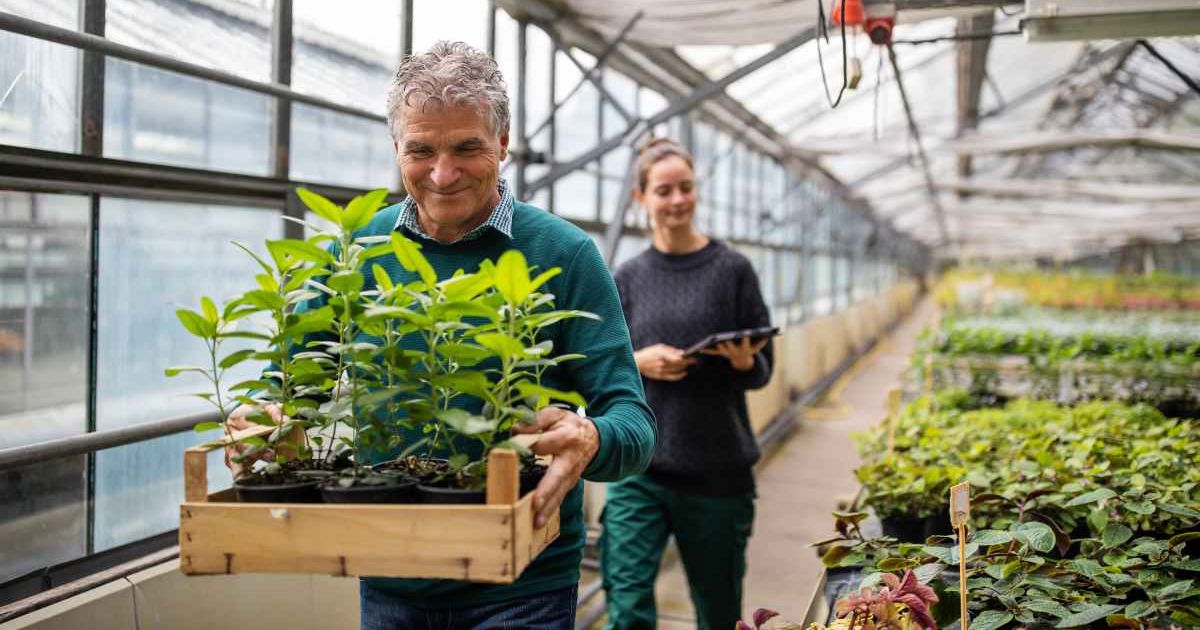This Nursery Opens Once a Year to Sell Native Plants for Less Than $1 — and Helps Preserve Ecosystem

Simply going green is not the way to achieve a healthier and sustainable planet. Recently, there has been a shift in the knowledge among common gardeners about the significance of planting native and indigenous plants, which are true to the soil of a geographical area. In a city in India, a small nursery quietly emphasizes this by selling native plant saplings for less than $1 to encourage locals to opt for gardens that support the local biodiversity. With their help, an entrepreneur and gardening enthusiast has been able to create a forest of indigenous trees of over 25 species, as reported by The Better India.

Nursery sells only native plants to locals

At a time when most gardeners and people like to purchase expensive and fancy saplings online or from import dealers, a quaint nursery, the Social Forestry Nursery in Udupi, is staying true to its roots. Monsoon is a great time for local gardeners in Udupi, Karnataka, where a nursery run by the state’s Social Forestry Department offers indigenous plant varieties for less than $1 (₹20). The nursery only opens its doors to locals once a year at the end of May or the first week of June.

While many might underestimate the power of this small state-run nursery, people like Siva Sankar, co-founder of a farm stay, Magadha Vana (@magadha_vana), in Udupi’s Hebri Taluk, have greatly benefited from it. “People can walk in, submit their details, pick up any variety of saplings, and plant them on their premises,” Sankar said. He and his team have been visiting the nursery to get native plants for the past seven years. Today, his farm boasts over a hundred trees with several varieties of native plants, most bought from the nursery for surprisingly cheap prices.
View this post on Instagram
“Mango, jackfruit, bamboo, cane, wax apple or rose apple trees, and red sanders are a few varieties we picked up this year from the nursery. We planted them on our farm,” Sankar shared. He particularly does not go for expensive non-native plants and swears by the local ones biodiversity of the southern Indian region. “Planting indigenous trees builds ecological diversity, and with that, one can create a forest true to its soil,” the gardener noted. It did not take him long to realize that native plants even required less care and maintenance. They thrived on the natural soil and environment without the need for adding costly fertilizers. All these plants needed was some space to grow.
Native plants are crucial

Any speck of greenery is much appreciated in the wake of urbanization. However, when trying to restore plant habitats, it is important that native plants are at the center of it, which helps in preserving biodiversity. In nature, trees are integral to the entire ecosystem. Countless living organisms depend on forests and plants for their survival, per Audubon. From pollinators like butterflies and bees to fruit-eating animals like monkeys and bears. When we plant trees that are non-native, these creatures are not supported and ultimately, threaten their survival. More so, the climate and soil conditions may not be the best fit for a non-native plant species.
Essentially, native plants are those that naturally grow in a region in which they evolved. They have high ecological value, and life depends on them for food and shelter. Research by entomologist Doug Tallamy found that oak trees support over 500 species of caterpillars, whereas gingkos, a landscape tree from Asia, only have 5 species of caterpillars. @ninetypercentnative explained how native plants are important on YouTube.
More on GreenMatters
A Vegan Restaurant in LA is Helping Bees And Butterflies By Giving Away Free Plants to Customers
Dozens of Gardeners Swear By This Wild Flower Plant That Makes Pollinators ‘Go Absolutely Bonkers'
What Is Chaos Gardening? A ‘Messy’ Trend That Transforms Your Backyard While Preserving Nature